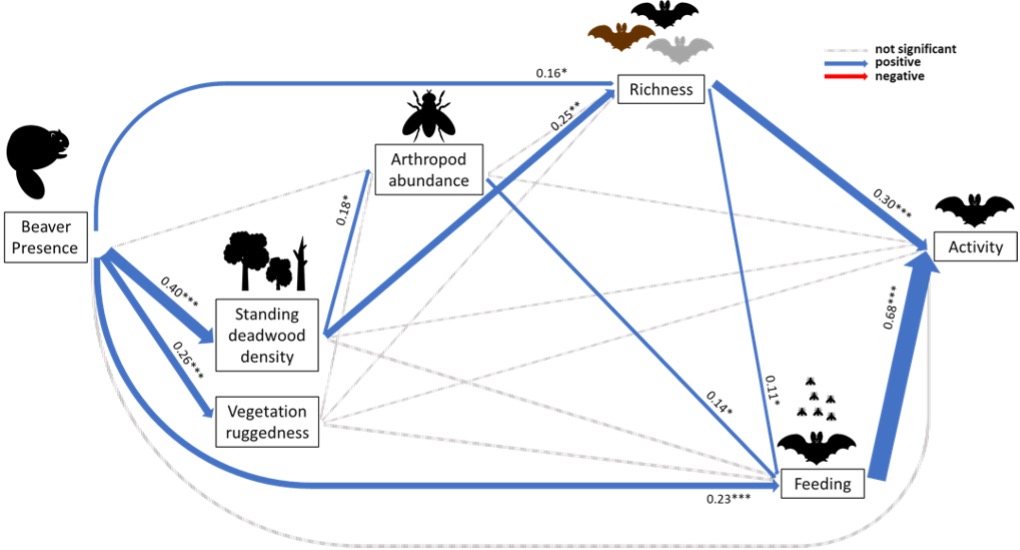Navigation auf uzh.ch
Navigation auf uzh.ch
Completing a PhD research project in the joint University of Zurich (UZH) and Swiss Federal Institute of Technology (ETH) Zurich, PhD Program in Ecology, in one of the internationally acclaimed research groups, enhances a student’s PhD experience. Students of this program are enrolled at either the UZH or the ETH. The program offers research training in the interdisciplinary field of ecology, general skills training for academic and non-academic excellence, and opportunities to interact with other doctoral students. The program includes a curriculum of at least 12 ECTS credits, teaching experience, and is usually completed within three to four years (full-time). It offers yearly graduate schools, courses on subject specific matters and on methods that are of direct use to the work of doctoral students. Additional courses on transferable skills prepare students for professional life, whether this is in an academic institution or not. Research seminars foster international collaborations and the exchange of experiences among doctoral students and experts from different fields of ecology.
___________________________________________________________________

The impact of beavers on blue-green ecosystems
Valentin Moser
Beavers influencing bat presence. Beaver influence bat activity directly and indirectly through the change of the environment, leading to an increased habitat heterogeneity and changed arthropod community © Valentin Moser
As ecosystem engineers, beavers (Castor fiber) modify aquatic (blue) and terrestrial (green) ecosystems through building dams and felling trees. The resulting elevated water level and open canopy can benefit different species groups and communities. However, compared to aquatic taxa, the impacts of beaver-engineering on terrestrial taxa and across the blue-green gradient are poorly understood. In my PhD, we sampled biodiversity together with ecosystem properties like soil and water chemistry, as well as ecosystem functions like decomposition rates in 16 systems across Switzerland to better understand how beavers change ecosystems. For bats, our results show correlations between beaver activities and a higher bat presence in these systems. Beaver engineering changes habitat heterogeneity and arthropod abundance, correlated with higher bat species richness, bat activity, and feeding activity. The volume of standing deadwood, a critical resource for bat roosting and foraging, had the strongest correlations with bat presence. Our findings suggest that beavers create heterogeneous landscapes that offer highly diverse ecological niches. By creating environments rich in resources and complexity, beavers may act as natural restoration agents, supporting diverse populations of bats and other species groups. Our results could underscore the importance of integrating beaver management into conservation strategies to restore and enhance aquatic and riparian ecosystems.
___________________________________________________________________
Photography for Scientists
Science and science communication rely heavily and extensively on photography. In this course organised by the PhD Program in Ecology, student scientists were taught how to be more "visually literate", empowering them to more effectively communicate their science.
Filmmaking for Scientists
In this course organised by the PhD Program in Ecology, students learnt how to prepare their own documentary films, including how to deal with camera and lighting, screenwriting/storyboard and film editing. At the end of the workshop, the PhD students prepared a short documentary film.